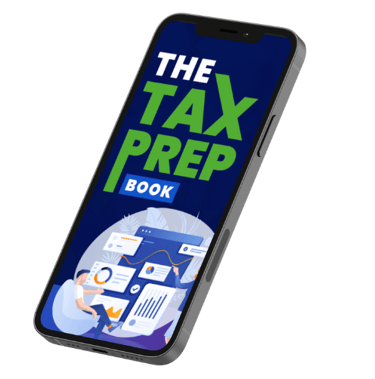
Understanding Self-Employment Taxes
Guide breaks down the intricacies of self-employment taxes and offer valuable tips for entrepreneurs looking for knowledge.
1/6/20242 min read
What You Need to Know
Self-employment opens exciting avenues for pursuing your passions, but it also comes with the responsibility of managing your own taxes. In this comprehensive guide, we'll break down the intricacies of self-employment taxes and offer valuable tips to help you navigate this essential aspect of being your own boss.
The Basics: What Are Self-Employment Taxes?
Unlike traditional employees, self-employed individuals are responsible for both the employer and employee portions of Social Security and Medicare taxes. This double responsibility is commonly known as self-employment taxes.
Breaking Down Self-Employment Taxes:
1. Social Security Tax (12.4%):
- The Social Security tax covers your contributions to the Social Security system. For self-employed individuals, this amounts to 12.4% on the first $142,800 of net earnings.
2. Medicare Tax (2.9%):
- Medicare tax covers your contributions to the healthcare system. You're responsible for the full 2.9% on all net earnings, with an additional 0.9% for earnings over $200,000 (or $250,000 for married couples filing jointly).
3. Additional Medicare Tax (0.9%):
- This additional tax comes into play for higher-income earners. If your annual income exceeds $200,000 (or $250,000 for married couples filing jointly), you'll owe an extra 0.9% on your earnings.


DOWNLOAD TAX PREP EBOOK
Tips for Managing Self-Employment Taxes Effectively:
1. Keep Meticulous Records:
- Accurate record-keeping is the cornerstone of effective tax management. Keep detailed records of all income, expenses, and deductions to ensure you're well-prepared when tax season arrives.
2. Make Estimated Tax Payments:
- Since self-employed individuals don't have taxes withheld from their income, making quarterly estimated tax payments is crucial. This prevents a hefty tax bill at the end of the year and helps you stay ahead of your tax obligations.
3. Take Advantage of Deductions:
- Self-employed individuals are eligible for various deductions. From home office expenses to business-related travel, explore every deduction available to minimize your taxable income.
4. Consider Retirement Contributions:
- Self-employed individuals can contribute to retirement plans like a Simplified Employee Pension (SEP) IRA or a Solo 401(k). These contributions not only secure your financial future but also offer potential tax benefits.
5. Hire a Tax Professional:
- Tax laws can be complex, and having a tax professional on your side can make a significant difference. A professional can help you navigate deductions, ensure compliance, and maximize your tax-saving opportunities.
Conclusion: Empowering Yourself for Financial Success
Understanding self-employment taxes is a crucial aspect of managing your business and personal finances. By breaking down the complexities and implementing effective strategies, you empower yourself to not only meet your tax obligations but also optimize your financial success as a self-employed individual.
Remember, each situation is unique, and seeking advice from a qualified tax professional tailored to your specific circumstances is always a wise investment. As you embark on your entrepreneurial journey, let the mastery of self-employment taxes be a tool that propels you towards financial prosperity and business success.


Get your
FREE EBOOK DOWNLOAD
Related Articles
©2025 Designed To Conquer LLC Terms & Conditions FAQ
Designed To Conquer LLC is a NYS MBE Certified Creative Tech. Studio.
STUDIO HOURS
Monday: 10am-6pm
Tuesday:10am-6pm
Wednesday:10am-6pm
Thursday:10am-6pm
Friday:10am-6pm
Instantly access our library of free coaching business resources!





